Bass—one of America’s favorite game fish—is often prized for sportfishing, but can it also serve as effective bait? In some scenarios, anglers have considered using bass as bait to catch larger fish. This practice raises several questions related to effectiveness, legality, and ethical implications.
In this post, we’ll look into whether bass fish can be used as bait, where it’s allowed, the pros and cons of the practice, and what alternatives are available for responsible fishing.
Is Bass Effective as Bait?
Using bass as bait is not a common practice, but some anglers argue that in specific predatory environments, it could work. Larger predator fish such as flathead catfish, muskies, striped bass, and alligator gar are known to feed on smaller fish, including juvenile bass.
Because bass are aggressive and active swimmers, their movement can attract bigger fish when used live. Even dead or cut bass can release strong scent trails that predatory fish pick up on.
Pros and Cons of Using Bass as Bait
- Attractive Movement: Live bass exhibit a frantic swimming motion that can draw in predators.
- Strong Scent: When used dead or cut, they emit natural fish oils that can appeal to scent-oriented predators.
- Natural Prey: In waters where larger predators naturally feed on bass, they can be familiar prey.
- Legal Restrictions: In many states, using bass as bait fish is illegal due to their classification as game fish.
- Ethical Dilemmas: Many anglers and conservationists frown upon using bass this way, viewing it as wasteful or unethical.
- Cost and Accessibility: Catching or buying bass just to use as bait isn’t practical for most anglers.
Can You Use Bass as Baits?
Is It Legal to Use Bass as Bait?
The legality of using bass as bait varies across the United States, with most states prohibiting the practice due to conservation concerns. Bass are typically classified as game fish, and their use as bait is often restricted to protect their populations and maintain ecological balance.
While the majority of states prohibit using bass as bait, a few allow it under specific conditions:
- Mississippi: Anglers may use legally caught game fish, including bass, as bait, provided they adhere to daily creel and size limits. Their regulations state, "Game fish can be used as bait as long as they were legally captured and possession does not exceed the daily creel limit for each species.’’
- Louisiana: The use of game fish as bait is generally prohibited. However, certain exceptions may apply under specific conditions. Anglers should consult the Louisiana Department of Wildlife and Fisheries for detailed regulations.
- Tennessee: Their regulations specify "Class A Bait Fish" that can be harvested by licensed sport anglers for use as bait. Sunfishes (Lepomis spp.), which include some species often confused with bass, can be used as bait if they are not more than four inches in length and are used for bait purposes only.
- Utah: Dead white bass can only be used as bait in Utah Lake and the Jordan River. Dead striped bass from Lake Powell can only be used as bait in Lake Powell.
Tip: Always consult your state's Department of Fish and Wildlife or equivalent agency for the most current and specific fishing regulations before using any fish as bait.
Ethical Concerns of Using Bass as Bait
Beyond legalities, there are ethical concerns about using bass as fishing lures.
- Conservation Values: Bass are widely considered sport fish. Using them as bait may be devaluing their role in recreational fishing.
- Population Pressure: Removing bass from lakes and rivers for bait could impact population stability, especially in smaller water bodies.
- Angler Ethics: Many anglers believe in a code of conduct that respects game species and their role in ecosystems.
The widespread catch-and-release culture in bass fishing further discourages using them as disposable bait.
Alternative Baits For Fishing
If you're looking for effective bait alternatives, here are the top picks:
1. Shad
One of the top picks is shad, which can be used as live or cut bait. Shad are particularly effective for attracting catfish, stripers, and bass due to their strong scent and shimmering scales that draw in fish from a distance.
- Type: Live or cut bait
- Best For: Catfish, stripers, bass
- Why: Strong scent and shimmering scales
2. Bluegill
Another great option is bluegill, which can be used live or dead. These fish are not only easy to catch, but they are also legal to use in many states, making them a reliable choice for targeting flathead catfish and largemouth bass.
- Type: Live or dead
- Best For: Flathead catfish, largemouth bass
- Why: Easily caught and legal in many states
3. Mullet
If you’re fishing in saltwater, mullet is an excellent choice. Available as live or frozen bait, mullet is oily and durable, making it ideal for enticing species like tarpon and redfish.
- Type: Live or frozen
- Best For: Saltwater species (tarpon, redfish)
- Why: Oily and durable bait
4. Minnows
For freshwater fishing, minnows are a classic option. Using them live can be particularly effective for crappie, bass, and perch, as their active swimming behavior mimics that of natural prey, making them irresistible to hungry fish.
- Type: Live
- Best For: Crappie, bass, perch
- Why: Active swimming mimics prey behavior
5. Herring
Lastly, herring serves well as cut bait, especially for catfish and stripers. Its excellent scent dispersal is key to attracting fish, making it a favorite among many anglers. By taking these fish into your bait gear, you can increase your chances of landing that big catch.
- Type: Cut bait
- Best For: Catfish, stripers
- Why: Excellent scent dispersal
Each bait type fits a specific fishing activity—live minnows for finesse fishing, cut bait for bottom-feeding species, and shad for trolling or casting in large lakes.
Frequently Asked Questions (FAQ)
Can I use dead bass / cut bass as lures?
This depends on state law. In most states, using dead bass is also restricted since they remain classified as game fish, regardless of their condition.
What’s the best alternative to live bass?
Bluegill or shad are often the best alternatives. They are easier to obtain, legal in more states, and still effective for predatory fish like catfish or muskellunge.
Are there specific regulations on using game fish as bait?
Yes. Game fish such as bass, trout, and walleye are typically protected from being used as bait due to conservation efforts. States usually have explicit language stating whether or not game fish can be used.
Is bass an effective bait for catching catfish?
Some anglers report success using smaller bass or cut bass for catching flathead or blue catfish, especially in waters where these catfish are natural predators. However, legal concerns usually outweigh the benefits.
Do I need a specific license or permit to use bass as bait?
If your state allows it, you must follow general fishing regulations, including size and creel limits. In some cases, using live fish as bait may require an additional permit or must be done on the same water body where the fish was caught.
Are there any restrictions on the type of bass as bait?
Yes. Many states differentiate between bass species. Largemouth bass is more commonly restricted, while others may allow spotted or rock bass under certain conditions. Always refer to the local fishing guide.
Can I purchase bass from a bait shop to use as bait?
No. Because bass are considered sport fish, they are not sold in bait shops for this purpose. If you do find bass for sale, it is usually for stocking private ponds or aquariums, not for baiting.
What are the arguments for and against using bass as bait?
Arguments for using bass as bait include their effectiveness in attracting larger predator fish and their role as a natural food source. Conversely, arguments against it include legal restrictions, ethical concerns, potential conservation impacts, and the wastefulness of using a valuable game species.
Conclusion
While bass can technically work as bait for larger predatory fish, legal restrictions and ethical issues make it a poor choice for most anglers. Only a handful of U.S. states allow it, and even then, there are strict rules.
Conservationists and ethical anglers discourage the practice of preserving game fish populations and upholding the values of the fishing community.
For those seeking effective alternatives, fish like bluegill, shad, minnows, and herring offer excellent bait options without crossing legal or ethical boundaries. Always check with local regulations before using any fish as bait, and remember: responsible fishing today ensures better waters for tomorrow.


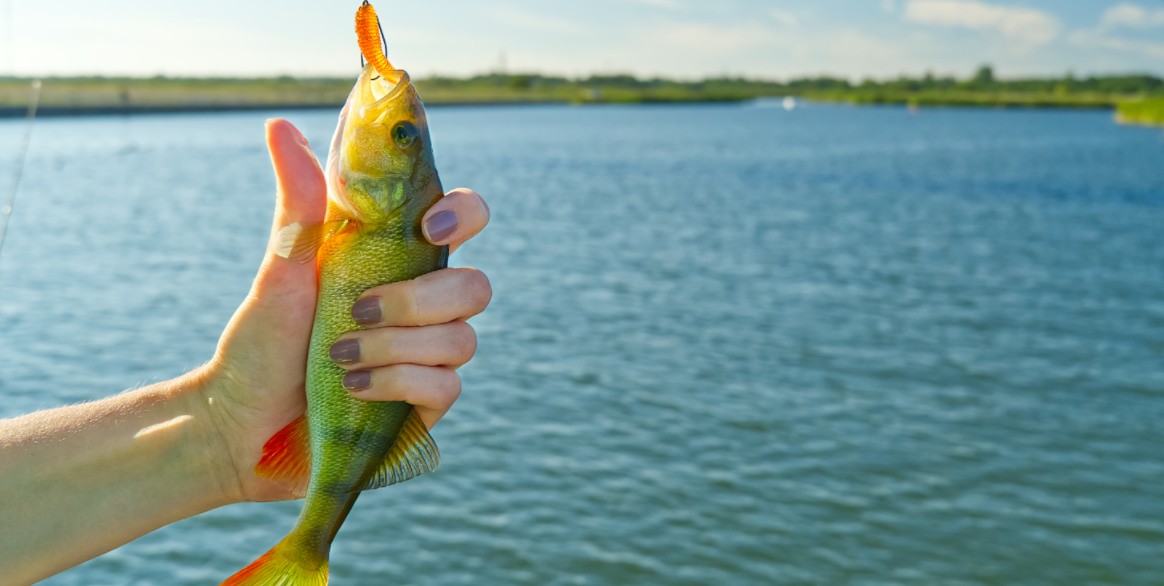
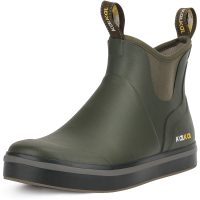

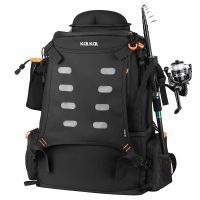
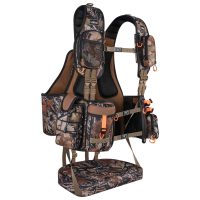
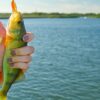

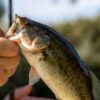


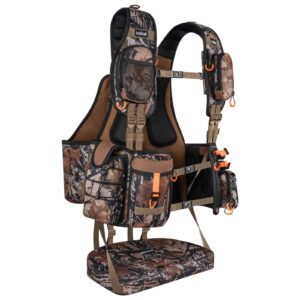
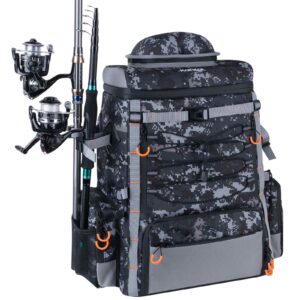
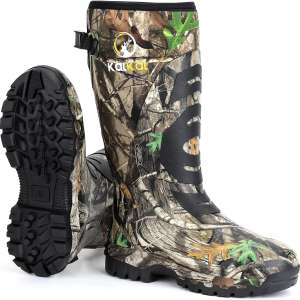
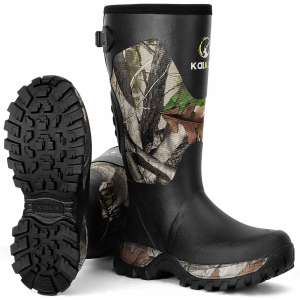
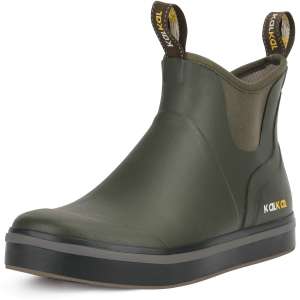




Leave a reply